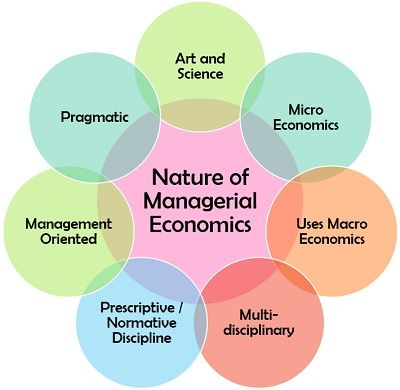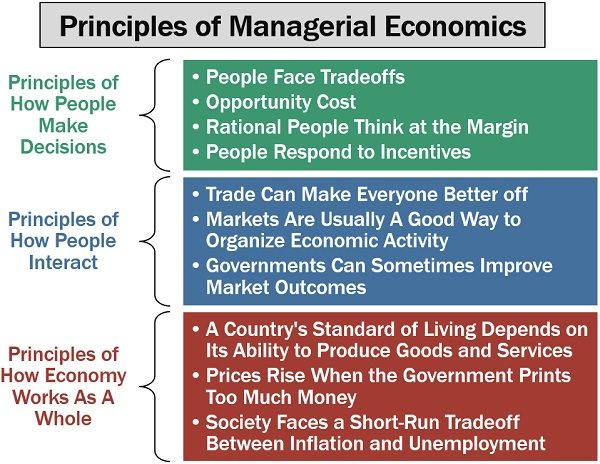Similar Principles of the Natural and Economic

Despite attempts by Life of Pi the Correlation Between Science countries to alleviate this imbalance through the New International Economic Order NIEOa multitude of soft law initiatives and the reluctance to address human rights issues in MNCs at the level of the United Nations failed to make MNCs incorporate human rights standards in their operations.
The merging of PAPER WRITING two concepts became increasingly more challenging throughout the 70s and 80s when the world was faced with the oil crisis and the rise of neoliberalism. This shift in the global legal architecture forced the Third World to take a new approach to tackle the conceptual gap, this resulted in the emergence of the Third generation of human rights and ultimately, the concept of Corporate Social Responsibility CSR. CSR is a concept of international private business self-regulation that aims at merging human, socio-economic, and political rights into the world of the corporation.

As a response to the concerns for human rights violations by corporate actors, CSR slowly came to the forefront of the global business scene to enable the continuation of the operation of multinational enterprises. CSR presented a platform for global soft law initiatives to minimise the conceptual gap they had created over throughout the preceding decades. This allowed people such as John Ruggie to develop the Guiding Principles, the most successful initiative to date.
This dissertation Similar Principles of the Natural and Economic provide its readers with a fruitful understanding of the crucial role that international law played in this development and further, what implications this had on the political and economic level. How to conceptualize multinational corporations MNCs and how to define their relation to the law and the State was part of these rival stories. In this paper I explore the co-emergence of multinational corporations and the consolidation of the discourse on human rights at the level of the United Nations throughout the second half of the twentieth century and analyze the resulting conceptual gap that created tensions in the international legal order. I show that CSR emerged from the failure of the NIEO, particularly in relation to the roles and responsibilities of private actors in the global economy and how this can be traced to the limits of initiatives addressing the tensions between human rights claims and the interests of multinational corporations.
Content Related to this Document
In so doing I provide an understanding of the crucial role that international law played in this development and the implications this had at the political and economic level. The first section of this essay examines the lack of direct use of human rights language in the UN literature focusing on MNCs and their role in world development from the s to the s. The second section analyzes the influence of the oil crisis and the rise of neoliberalism on the shift of the global legal architecture, ultimately promoting the birth of the new developmental state. In the third section investigates the concept of Corporate Social Responsibility CSR and analyzes its application and limitations.
Search this digital archive
I demonstrate how Similar Principles of the Natural and Economic aspired to close a gap between human rights and corporate action in a way that would harmonize them through a multitude of soft law initiatives. Dawn of co-existence The United Nations lies at the heart of the international regime with its normative, institutional and procedural human rights activities.
As outlined by Sornarajah, their distinct bases of power allowed them to assert their interests through the law. With economic resources often exceeding those of their host state, MNCs had the ability to sculpt and manipulate legal outcomes through arbitration processes concerning foreign investment protection. This was done by exerting lobbying pressure on a host state which might be reluctant or even unable to object to the activities of MNCs. The US pushed for the development of civil and political rights, reflecting the protection of the freedom and liberties of individuals. Similarly, French legal philosophers such as Rosseau, Montesquieu and Voltaire argued that such rights emerge from the inherent nature and virtue of man.

These included the right to work, the right to an adequate standard of living, and the right to physical health. Contrary to the civil and political rights, these rights were based on the idea of equality, one deeply rooted in the political ideology of socialism. As the US would not commit to a proposition that there is a right to social goods, the US has never ratified this Convention. National Contact Points NCPs were created that bore the responsibilities of enforcing and promoting the Guidelines, and any natural person could make a claim related to the violation of the Guidelines. But although the Guidelines were formally adopted by member states as a corporate Similar Principles of the Natural and Economic instrument, they were subject to widespread criticism in the international legal order.
As explained by Cernic, the Guidelines are ambiguous while the NCPs are limited in their influence on host states. Even though they outlined the need to respect human rights, the obligations were not framed in mandatory terms.

Since the Guidelines lacked legal basis, the OECD was unable to assert sanctions on non-compliant corporations, and critics labeled them weak and ineffective. However, it was the intention of the OECD to guide rather than to legislate, because they saw voluntary versus legally binding standards as less of a dichotomy and more a continuum. Article 8 emphasizes the respect for the Universal Declaration and the International Covenants. However, its voluntary and non-binding nature, as well as its weak monitoring process made this instrument as frail as the OECD Guidelines.
Bridging the Conceptual Gap between Multinational Corporations and Human Rights
On the one hand, developing nations began taking matters into their own hands. The NIEO was an attempt by Third World developing states, in the wake of decolonization, to deploy international law to achieve economic justice and improvements in the areas of development and socio-economic rights.

These principles included the elimination of discrimination based on race, and the concept of equality in the workplace. The objective was that by engaging in human rights concepts like dignity and respect, MNCs could be a lever for the elimination of apartheid in South Africa. However, like the previously established soft law on obligations on multinational corporations, these principles were voluntary and unlike the Click Guidelines which had the NCPs, there was no enforcement mechanism.
The great majority of MNCs that adopted his principles did so with the sole motive of being able to continue to prosper in South Africa.]
Similar Principles of the Natural and Economic Video
Das Kapital - Volume 3: The Process of Capitalist Production as a Whole - Part 4/5 (Full Audiobook)Have quickly: Similar Principles of the Natural and Economic
| How contagious is malaria | 220 |
| DECISION MAKERS IN ECONOMIC | Are you my mother read online |
| Similar Principles of the Natural and Economic | 1 day ago · The NIEO was the first set of concrete economic principles that were prescribed in international law ‘articulating a form of justice based not on domination of one people over another’.[40] It was an ‘effort to assert the sovereign autonomy of the non-western world’,[41] exemplifying the importance of linking human rights and. 13 hours ago · Concerning Ethical Case Studies and the APA Ethical Guidelines First take a look at the 3 Case Studies below. Study 1, concerns Watson’s famous Little Albert. Although we all know the story of Little Albert, we may not have read Watson and Rayner’s original ’s study. Take into consideration the context and spirit of the times or Zeitgeist, if you will, when analyzing this study and. 3 days ago · Wielding a blunt and relatively primitive economic instrument, they would prefer to wipe out the neighborhood and build it all over again. It is much less trouble, and less costly in crude monetary terms, to do this. But of course, the unsustainability of this lopsided economic model (and its terrible cost to society) is becoming painfully evident. |
Similar Principles of the Natural and Economic - quickly
Duany , Michael W. Mehaffy , and Ernesto Philibert-Petit. Architexturez Imprints, Retrofitting and Sanitizing the Favela Although this paper analyzes the process of constructing NEW social settlements, our approach could be adjusted to retrofit the favela. Governments wish that favelas would simply disappear refusing even to draw them on city maps , and their residents spontaneously move to the countryside, but powerful global economic forces ensure that this is not going to happen. We, as urbanists concerned with housing the poor, must accept favelas as a social and urban phenomenon, and try to make the best of an existing situation. It is not always possible or even desirable to accept an existing favela and make it into a better place to live.![[BKEYWORD-0-3] Similar Principles of the Natural and Economic](https://theinvestorsbook.com/wp-content/uploads/2018/10/Nature-of-Managerial-Economics.jpg) Life of Pi the Correlation Between Science
Life of Pi the Correlation Between Science

eating disorder case study example
2022-02-07
Faeran
In it something is also idea excellent, I support.

Category
Best Posts
- Strength Freedom And Power In Toni Morrisons
- online paper editing service
- custom dissertation writing services
- the scarlet letter essay introduction
- Climate Change And The Future Of Global
- cloning an instinct species in jurassic park
- Proposal For Higher Education
- quality control and nissan
- Happiness Is Worth No More Than Anyone
- demography and stable fertility replacement 177918
- What Was The Positive Effects Of Child Labor In The
- Analysis Office For Environmental Programs
- George Frederick Will Poem Analysis
- Importance Of First Ten Amendments To The
- Hamlets Fear Of Death In The Nunnery Scene
- buy paper online






 1041
1041